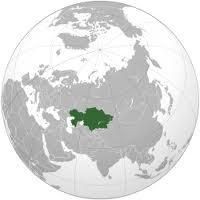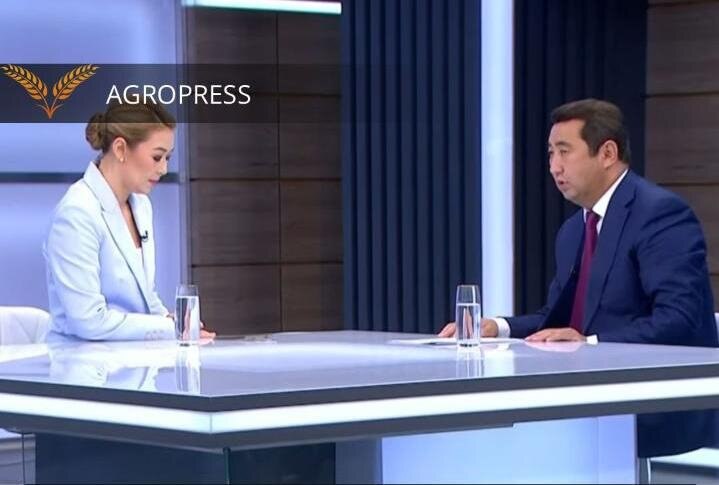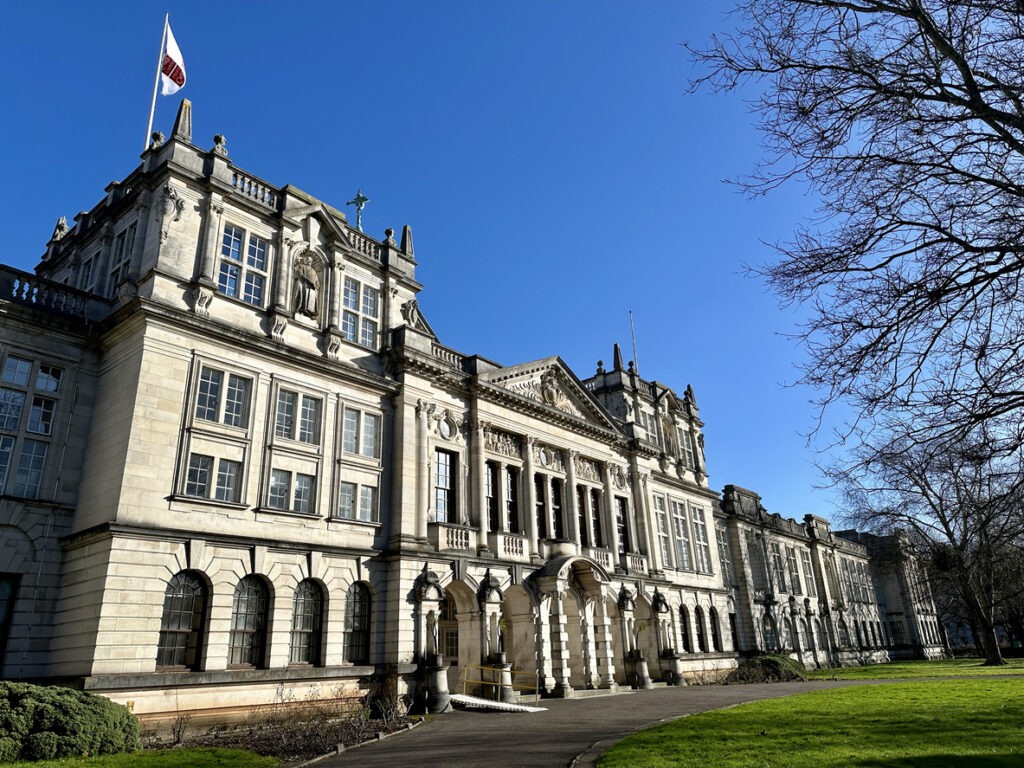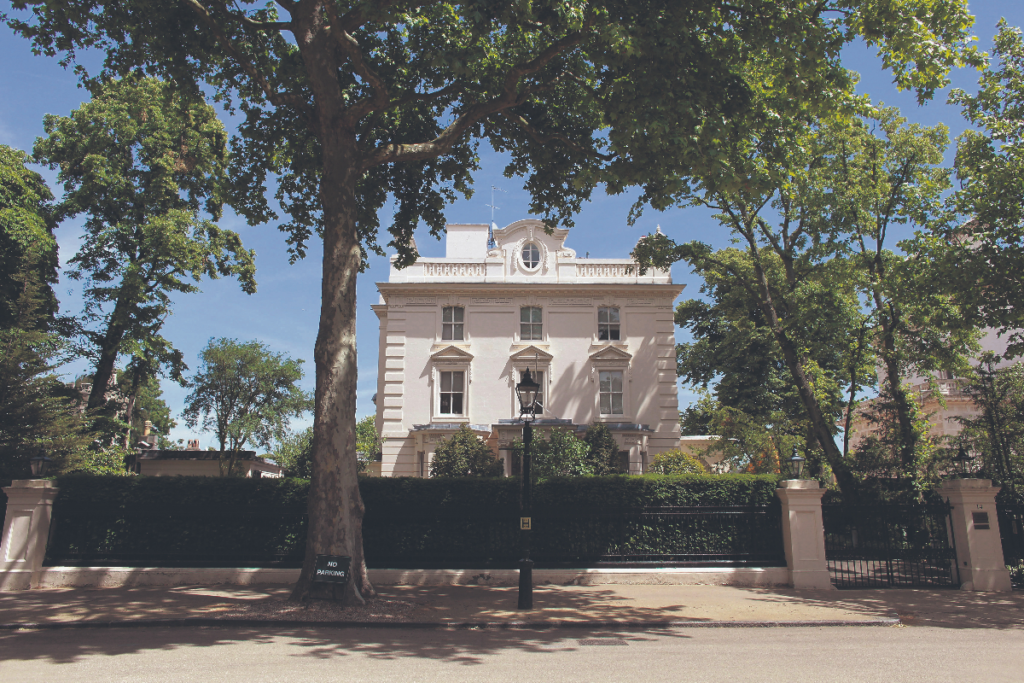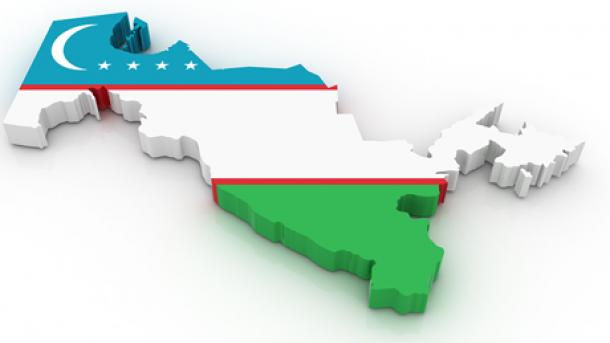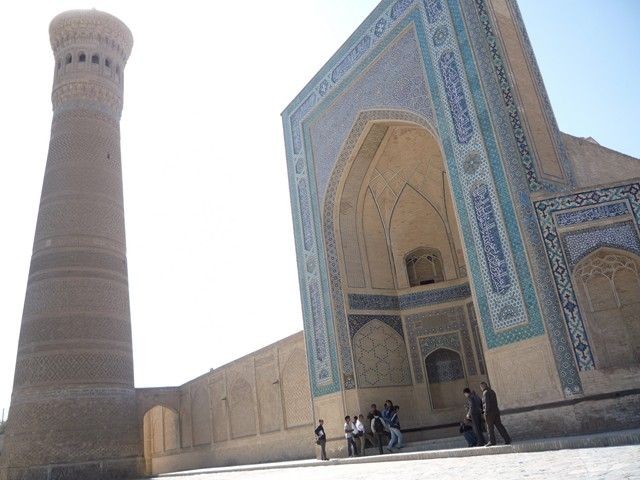ASTANA (TCA) — The Ministry of Foreign Affairs of Kazakhstan jointly with other government agencies is working on improving the conditions of stay of foreign citizens in Kazakhstan, Foreign Minister Erlan Idrissov told a briefing in the Ministry on October 28, the official website of the Prime Minister of Kazakhstan reported.
“[Citizens of] the OECD (Organization for Economic Cooperation and Development) and EEU (Eurasian Economic Union) countries, including Monaco, Malaysia, Singapore and the United Arab Emirates, will enjoy a visa-free regime [in Kazakhstan] for 30 days from 1 January 2017; thereby we are trying to improve the investment climate. Also, we pay special attention to the registration of foreign citizens in Kazakhstan. We have introduced a special regime to facilitate measures so that foreigners feel comfortable in Kazakhstan,” Idrissov said.
The minister added that the Kazakh government pays special attention to creating of the most user-friendly liberal migration regime to attract foreign experts. Thus, according to the minister, a significant amount of work is being done in the framework of the Foreign Investors Council under the President of Kazakhstan and the Council for the Advancement of Investment Climate under the Prime Minister of Kazakhstan.
Today, Kazakhstan has a visa-free regime for citizens of 20 economically developed countries, including Australia, Hungary, Italy, Monaco, Belgium, Spain, the Netherlands, Norway, Sweden, Malaysia, UAE, Singapore, UK, USA, Germany, Finland, France, Switzerland Japan and South Korea.
